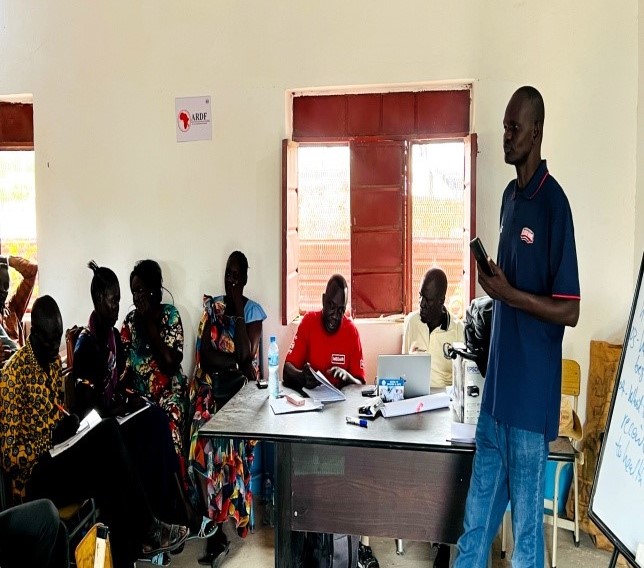Protection
Conflicts has increase protection concern across ARDF operation area with increase cases of SGBV and un-accompany children separated from their parents during conflicts. ARDF has been working on addressing these protection gaps.

Conflicts has increase protection concern across ARDF operation area with increase cases of SGBV and un-accompany children separated from their parents during conflicts. ARDF has been working on addressing these protection gaps.
